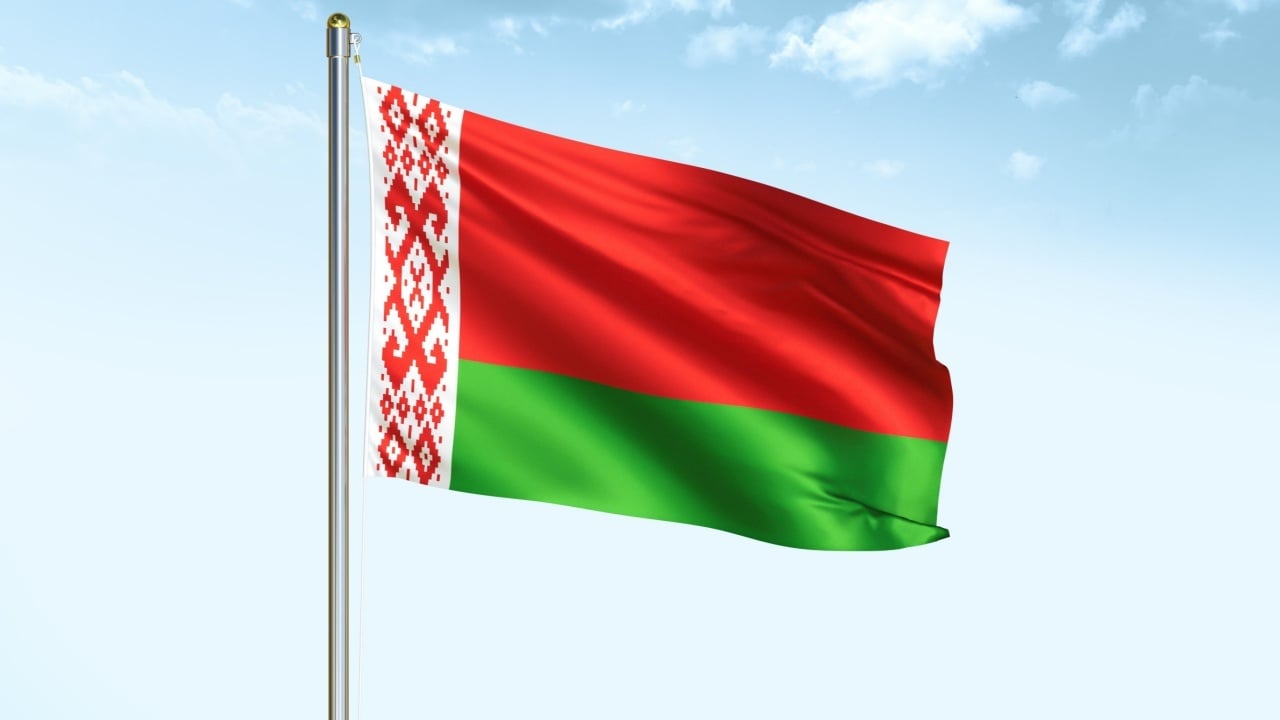The global financial landscape is undergoing a profound transformation, driven by the rapid advancement and adoption of digital currencies. This shift is not merely technological but represents a strategic realignment of economic power, challenging the long-standing dominance of the US dollar and Western financial institutions. At the forefront of this movement are nations seeking greater financial sovereignty, with Belarus emerging as a key player through its proposed integration of digital currencies within the BRICS economic bloc. This initiative has the potential to reshape international trade, foster a more decentralized financial order, and redefine the geopolitical dynamics of global finance.
Belarus’s bold leap into the digital currency arena is a strategic maneuver to enhance its financial infrastructure and foster economic integration with BRICS partners. The country plans to launch its Central Bank Digital Currency (CBDC), the digital ruble, by the second half of 2026. This move is not just about technological innovation but about asserting financial independence and reducing reliance on foreign currencies. The digital ruble promises several benefits, including enhanced efficiency, increased transparency, greater financial inclusion, and more control over monetary policy. By streamlining transactions, reducing costs, and extending financial services to underserved populations, Belarus aims to create a more resilient and inclusive financial system.
The BRICS nations—Brazil, Russia, India, China, and South Africa—have long sought to reduce their dependence on the US dollar and Western-dominated financial institutions. This desire for financial sovereignty has led them to explore alternative payment systems, trade in national currencies, and the potential creation of a common BRICS currency. Belarus’s proposal to integrate digital currency platforms within the BRICS settlement system aligns perfectly with this objective. By leveraging digital currencies, the BRICS nations can bypass sanctions, promote trade in national currencies, and establish a parallel financial infrastructure that operates independently of Western control. This shift could significantly alter the global financial landscape, reducing the dominance of the US dollar and empowering emerging economies.
The integration of digital currencies within the BRICS settlement system presents both significant opportunities and challenges. On the one hand, digital currencies can foster greater economic cooperation, reduce transaction costs, increase efficiency, and promote financial inclusion. On the other hand, achieving this integration requires regulatory harmonization, technological interoperability, robust security measures, and widespread adoption. The BRICS nations must navigate these challenges to create a seamless and secure digital financial ecosystem. Despite these hurdles, the potential benefits are immense, offering a pathway to a more equitable and resilient global financial system.
The rise of digital currencies and the BRICS’ efforts to create an alternative financial system pose a potential challenge to the dominance of the US dollar. For decades, the US dollar has been the world’s reserve currency, used in the majority of international transactions and held by central banks around the globe. However, the growing dissatisfaction with the US dollar’s hegemony, coupled with the increasing adoption of digital currencies, could erode its dominance over time. If the BRICS nations successfully create a viable alternative financial system based on digital currencies, it could lead to a reduction in demand for US dollars, diversification of reserves, and a weakening of US influence on the global stage. This shift could redefine the geopolitical dynamics of global finance, empowering emerging economies and fostering a more balanced financial order.
Beyond de-dollarization, the broader implications of this transformation extend to the emergence of a multipolar financial world. The rise of digital currencies and the BRICS’ efforts to create an alternative financial system are contributing to a more equitable and stable global financial order. In this new landscape, developing nations can have a greater voice, financial innovation is fostered, and the risk of systemic crises is reduced. This shift represents a fundamental realignment of economic power, where nations are empowered, economies are interconnected, and the global financial landscape is reshaped by the transformative power of digital currencies.
The integration of digital currencies within the BRICS settlement system is not just a technological upgrade; it’s a geopolitical game-changer. Belarus’s proactive role in this movement highlights the growing desire for financial independence and a more equitable global financial order. While challenges remain, the potential benefits are immense, promising a future where nations are empowered, economies are interconnected, and the global financial landscape is reshaped by the transformative power of digital currencies. The journey has begun, and the world is watching as the BRICS nations, led by innovative players like Belarus, forge a new path towards a multipolar financial future. The future of finance is being written in code, and the implications are profound.

